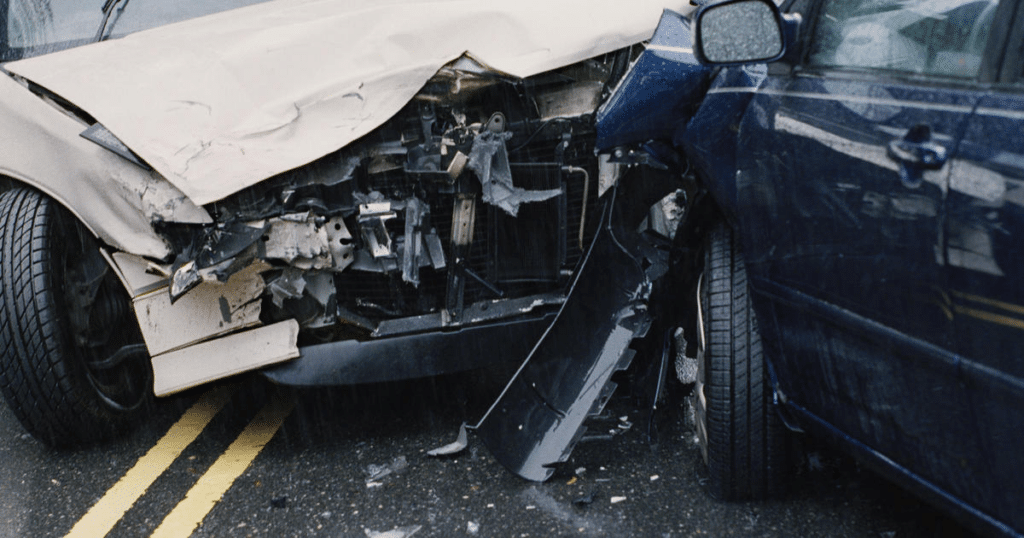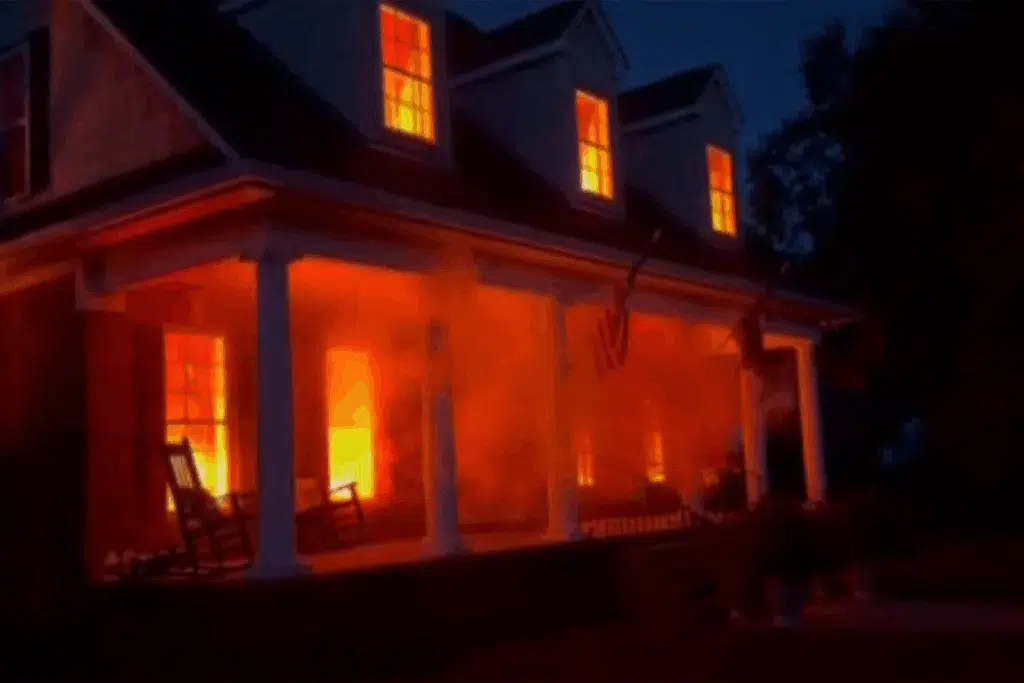
New Law Punishing Drunk Drivers Is A Great Idea, But Tough To Enforce
There are so many, for the lack of a blunter term, “stupid” laws, that when you hear about one that makes sense it’s easy to get excited. Sadly, although sensible and spot on in its intent, I believe enforcing it is going to prove to be difficult.
In June, Texas passed HB 393 into law and it went into effect last Friday. The law requires intoxicated drivers to pay child support if they cause the death of a parent or guardian. The law which passed in a unanimous 143 – 0 vote, is also known as Bentley’s law. It was initiated by a Missouri resident Cecilia Williams and named for her grandson, Bentley, whose parents Lacey Newton, and Cordell Williams and their 4-month-old son, Cordell Shawn Michael Williams, were killed in a drunk driving crash in April of 2021.
After signing the bill in June, Texas Governor Greg Abbott tweeted in July:
“Any time a parent passes is tragic, but a death at the hands of a drunk driver is especially heinous. I was proud to sign HB 393 into law this year to require offenders to pay child support for the children of their victims.”
The idea of paying restitution to help support the children left behind is gaining momentum. Three other states, Tennessee, Kentucky, and Maine have enacted similar laws and a total of twenty-four states have introduced similar legislation.
The law requires any individual that is convicted of vehicular manslaughter to make monthly payments until the child turns eighteen or graduates from high school, whichever occurs later. The court will decide the amount of the payments after taking individual factors into consideration.
The law states:
“The defendant may enter into a payment plan to address any arrearage that exists on the date of the defendant’s release. The defendant must pay all arrearages regardless of whether the restitution payments were scheduled to terminate while the defendant was confined or imprisoned in the correctional facility.”
As I stated, the intent of the law is good, but there are issues which remind me of punitive damages that are awarded in civil suits but are rarely paid in total. For instance, the drunk driver may be killed as well. The driver, if not deceased may be gravely injured and incapacitated so they are unable to pay. There is also the very real possibility that the driver may be incarcerated for a long period of time and upon release, will not be able to obtain the type of job to meet the financial responsibility.
Ironically, even though the bill originated in Missouri, it has yet to be signed into law. When it failed to pass in 2022, Representative Trish Gunby stated this at that time:
“It was one of those bills that there wasn’t enough information simply because many of these drunk drivers may not have the funds to do that, so who in fact would pay those costs.”
On the positive side, the law certainly acts as one more deterrent for someone that’s intoxicated to consider before they get behind the wheel. Hopefully, more states will grasp that concept and enact it as law and allow the monetary aspect to work itself out on an individual case basis.



